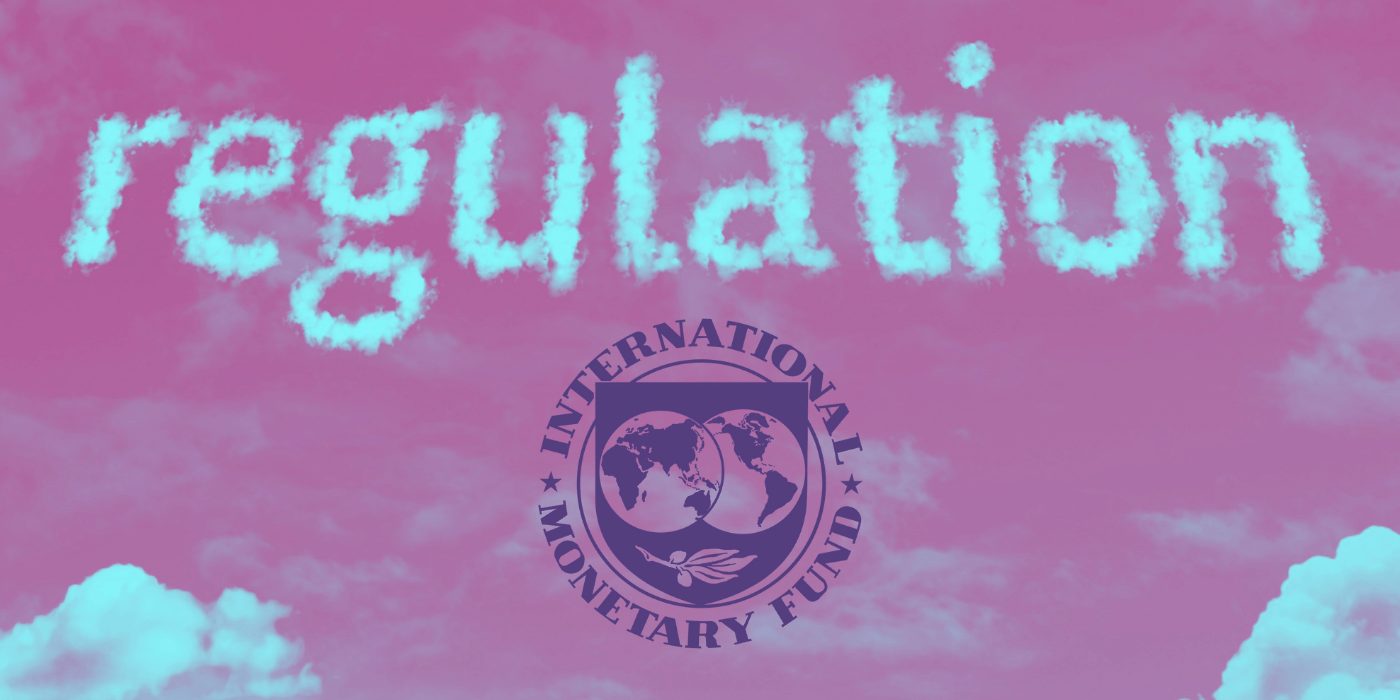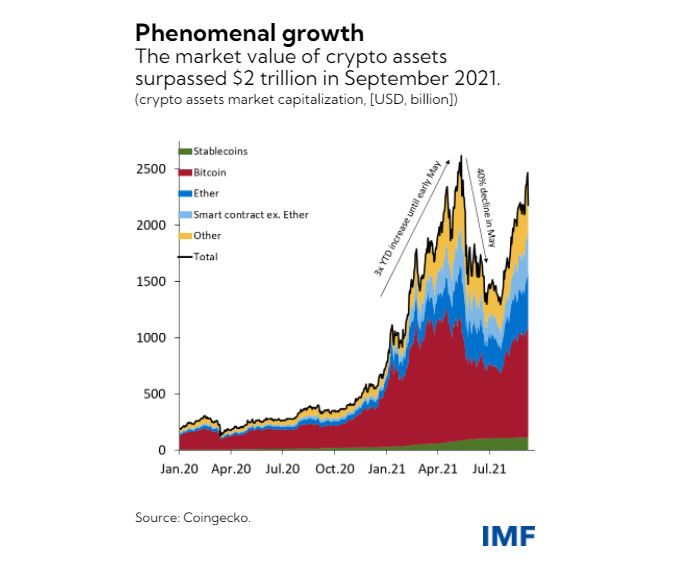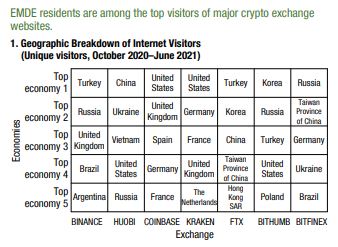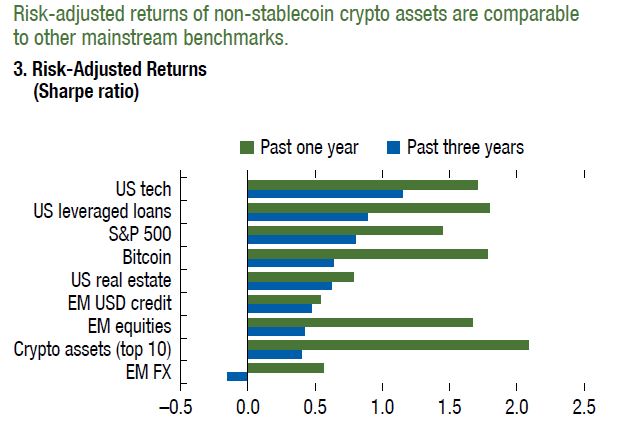Australia’s Royal Melbourne Institute of Technology (RMIT) University recently called on the federal government to provide more support for blockchain technology. Now, it is urging parliament to implement the reforms outlined by the Select Committee on Australia as a Technology and Financial Centre’s 12-point crypto reform plan.
‘An Opportunity to Take a Global Leadership Position’
In the world of blockchain education, RMIT is recognised as a heavy hitter, having recently ranked second in Coindesk’s index of global blockchain universities. Now, RMIT’s Blockchain Innovation Hub has implored federal parliament to adopt the Senate inquiry’s recommendations on the regulation of crypto assets to help attract jobs, investment and innovation in Australia.

We have an opportunity to take a global leadership position and compete with countries such as the US, Singapore and Switzerland in this incredibly vibrant sector … it is good to see our recommendations to change how cryptocurrency is taxed and how blockchain-based decentralised autonomous organisations are regulated being taken up by the Australian Senate.
Associate Professor Chris Berg, RMIT Blockchain Innovation Hub co-founder
RMIT academic Dr Elizabeth Morton, with concurrence from NSW Senator Andrew Bragg, noted that reforms relating to capital gains were particularly welcome:
We see an urgent need to ensure the tax system achieves balance in simplification, reflective of a digitally driven economy, encouraging tax compliance and protecting tax revenues from the risk of leakage. Reform will offer clarity for taxpayers and confidence in the tax system as a whole.
Dr Elizabeth Morton , RMIT University lecturer of taxation in the School of Accounting, Information Systems and Supply Chain
Committee Urged to Create DAO Company Structure for Australia
Commenting on the recommendations relating to changes to decentralised autonomous organisations (DAOs), RMIT’s Dr Aaron Lane noted it would encourage investment in Australia and represent some of the most significant changes in corporate law. Lane felt that “providing DAO members with the option of a limited liability company structure will encourage talent and investment in Australia”.
Ultimately, Lane saw the reforms in a broadly positive light, saying:
Blockchain and cryptocurrency is not just about providing new types of financial products – this technology is the infrastructure for new ways of governing economic exchange.
Dr Aaron Lane, lecturer in the Graduate School of Business and Law and a research fellow in the Blockchain Innovation Hub at RMIT University
While the crypto industry has been broadly supportive of the Senate inquiry’s recommendations, scepticism remains that parliament is unlikely to implement them. Time will tell.
















